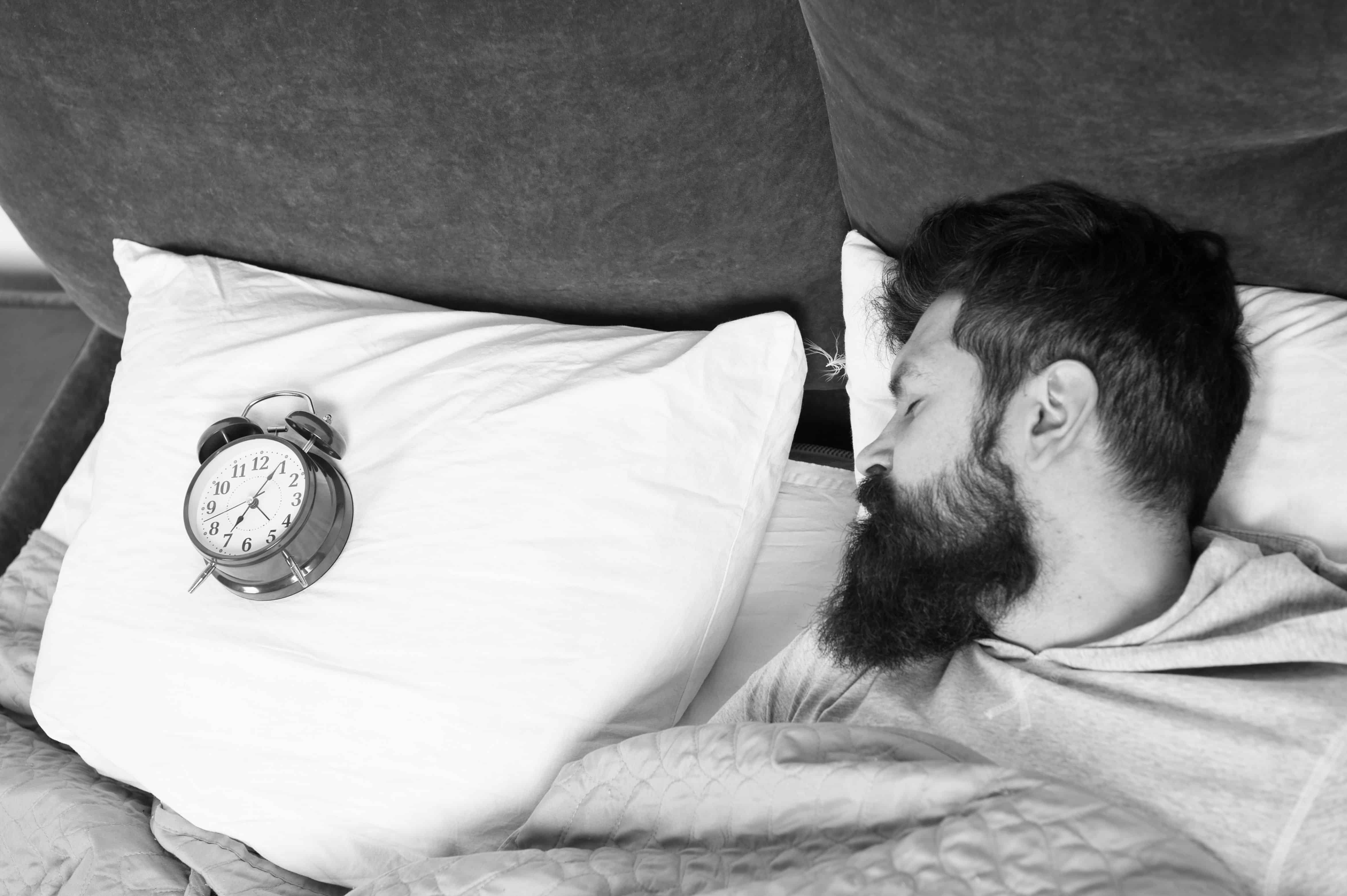While early risers are often praised for their productivity, Stephanie Vozza’s experiment of waking up at 5 a.m. for a month did not yield the desired results. Although waking up only 45 minutes earlier than her usual 5:45 a.m., the change was more taxing than anticipated, resulting in fatigue by evening and compromised evening hours with family. Experts suggest that proper sleep, a consistent schedule, and having a compelling reason to wake up are crucial for adjusting wake times. After the month concluded, Vozza returned to her previous routine, feeling more productive.
Key Points:
- Many believe that early risers are more productive and proactive, but waking up at 5 a.m. was challenging and left the author feeling exhausted by evening.
- Dr. Damon Raskin explains that waking up earlier can cut into REM sleep, which is vital for feeling refreshed and rested.
- Shawn Stevenson, an author on sleep, suggests avoiding electronics before bed, engaging in morning exercise, and gradually adjusting wake times for a better transition to earlier mornings.
- Some early risers, like Jeremy Korst, find early morning to be their most productive period due to fewer distractions.
- At the end of the experiment, Vozza returned to her usual routine, suggesting that it’s not necessarily about waking up early, but finding a routine that aligns with individual needs.






